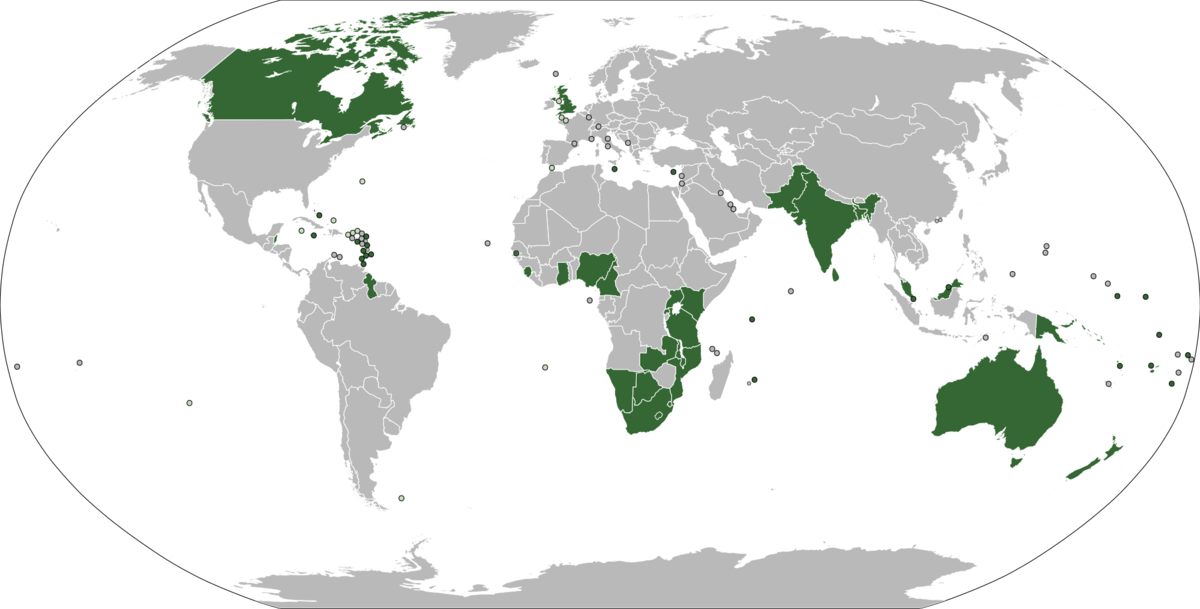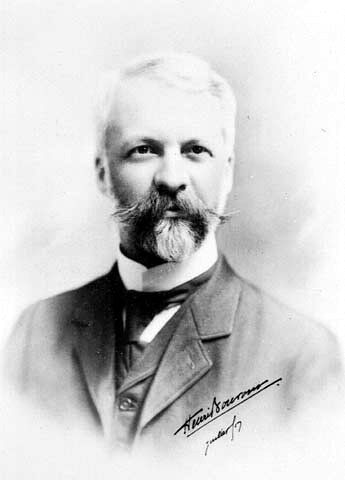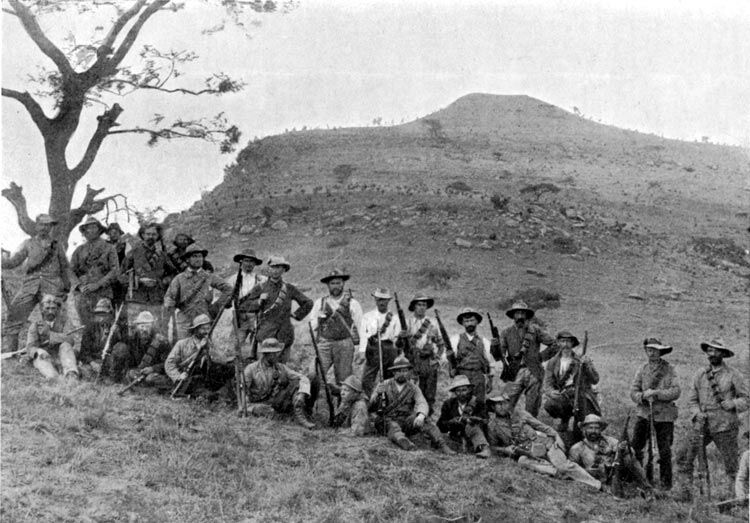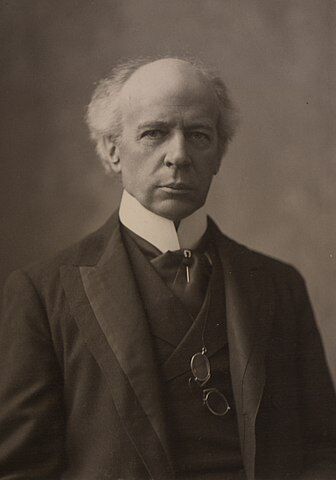The British Empire, which included Canada, spanned across five different continents. It held massive sway across the globe in the early 20th century. With plans to expand, it was not uncommon for the British Crown to ask its former colonies for support. However, the Canadian population was very divided over Canada’s participation in the various wars waged by the United Kingdom.

Canada was divided into two types of nationalism called imperialism and French-Canadian nationalism. These two ideologies were at odds on what Canada’s role should be within the British Empire.
Since Canada was largely colonized by immigrants from the British Isles, there were many British-Canadian imperialists. This group felt a strong sense of belonging to the United Kingdom.
Imperialism is the ideology that a colony is part of an empire. Supporters of this ideology feel a strong sense of belonging to the mother country. They also support the military, economic, political or cultural dominance that the mother country has over its colony.
Imperialists supported a Canada governed by Britain, stressing the economic and military advantages of being a part of the empire. They believed that Canada’s economy depended on its relationship with the United Kingdom and the other imperial colonies. Imperialists also supported Canada’s participation in wars waged by Britain against other territories.
Canada’s allegiance to the United Kingdom remained strong, with some provinces, such as Ontario, displaying flags depicting the British emblem of the Union Jack.
Not all Canadians embraced the ideology of imperialism. The relationship with the United Kingdom was a major point of contention within the country. French-Canadian nationalists, most of whom lived in Quebec, did not identify as British subjects.
French-Canadian nationalism is a type of nationalism that focuses on the identity of Francophone Canadians. It does not only encompass people from Quebec, but all Francophones living in the Canadian territory.
Having French ancestors, French Canadians were suspicious of the British authorities who had repeatedly tried to force them to assimilate. In contrast to imperialists, they felt Canada was separate from the United Kingdom. If Canada left the empire, it would no longer have to fight in the United Kingdom’s battles and would be more independent.

Certain political figures, such as the journalist and politician Henri Bourassa, defended French-Canadian nationalism.
These duelling identities were put to the test in 1899 when the United Kingdom was preparing to wage the Boer War in South Africa.

To ensure victory, the British Crown asked its colonies and dominions, including Australia and Canada, to aid it in the war. This request divided the Canadian population. On the one hand, imperialists felt Canada had a duty to support the mother country. On the other hand, French-Canadian nationalists felt that this war did not concern them.
Wilfrid Laurier, Prime Minister of Canada, tried to find a fair compromise between the two nationalist groups that were tearing his population apart. To do so, he proposed a voluntary service in which Canadians could decide for themselves whether or not to join the Boer War. One thousand volunteers enlisted to join the British troops in South Africa.

Advocating for French-Canadian nationalism, Wilfrid Laurier proposed compromises to ease tensions between imperialists and French-Canadian nationalists.
The United Kingdom wanted to expand its empire into Africa and wanted to annex the territories of the Boers, who were mainly descendants of Dutch settlers in South Africa. After an initial conflict, the region became even more coveted because of numerous gold deposits discovered in the area. This caused fighting to resume in 1899.
Three years later, the United Kingdom successfully annexed the rich provinces into its empire thanks to aid from its dominions.
The division between imperialists and French-Canadian nationalists over Canada’s participation in British wars would remain a sore point for many years. The debate was reignited during World War I, since Canada was still a colony at the time.
In 1931, with the adoption of the Statute of Westminster, the United Kingdom recognized Canada as an independent country in its own right. This freed the former colony from any obligation to the British Crown. This meant that it no longer had control over both its domestic and foreign politics. From then on, Canada was not required to aid the United Kingdom in its wars.